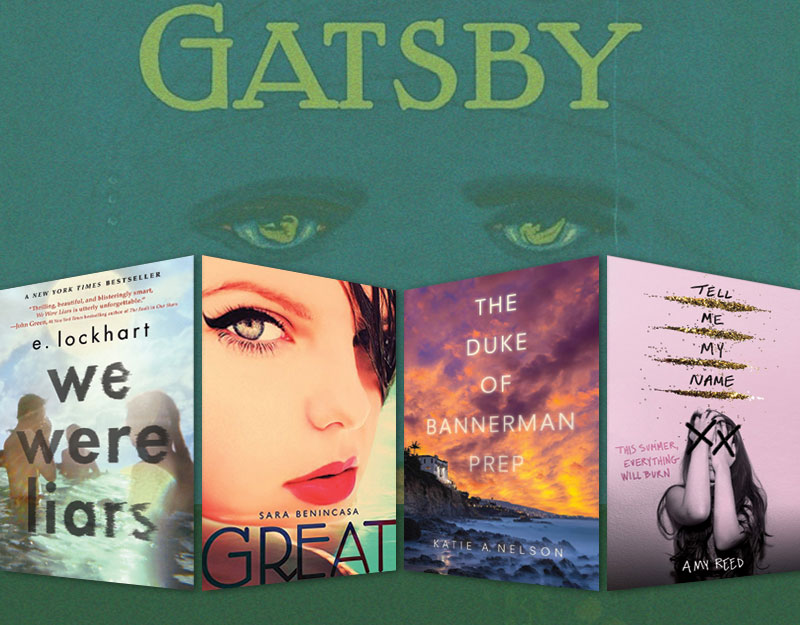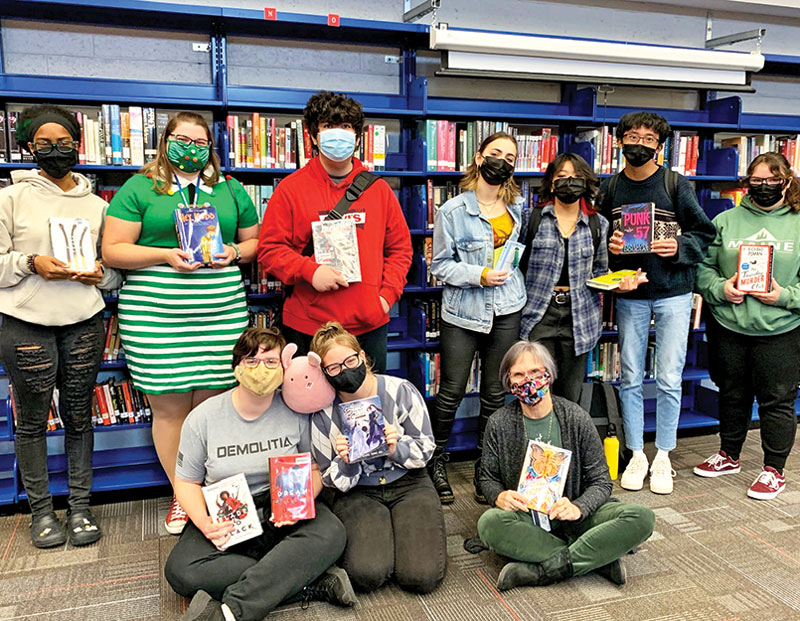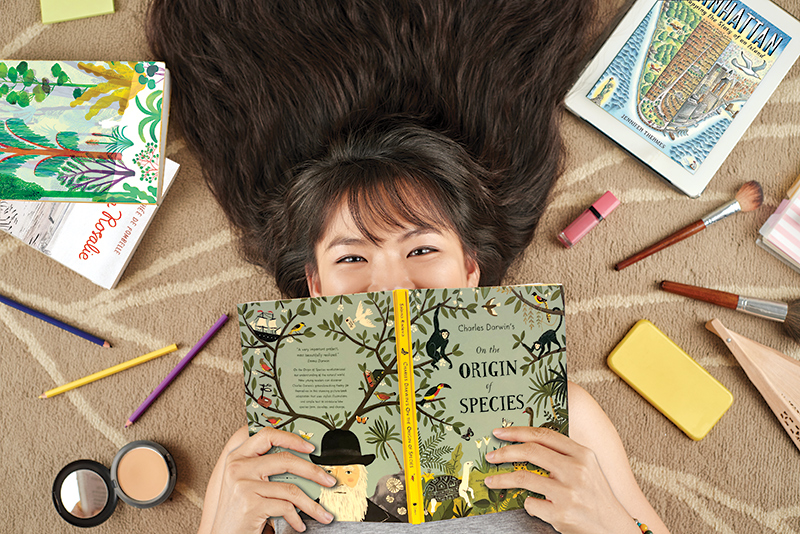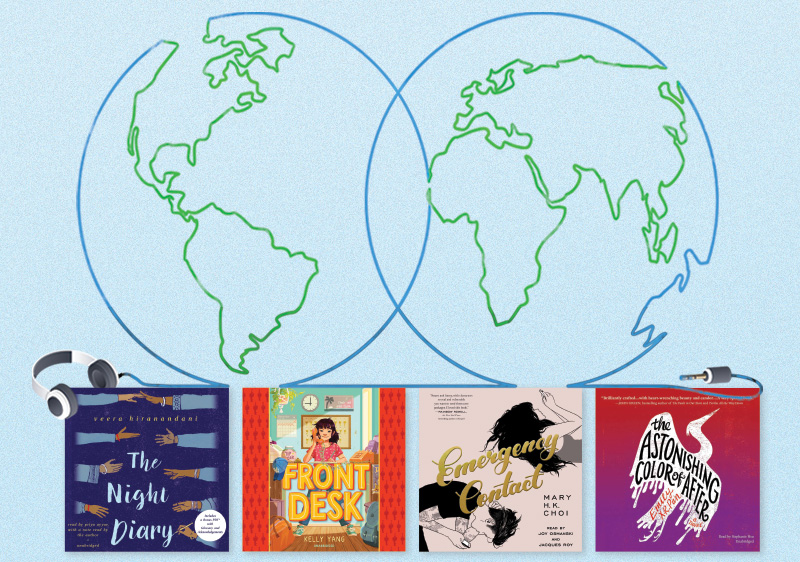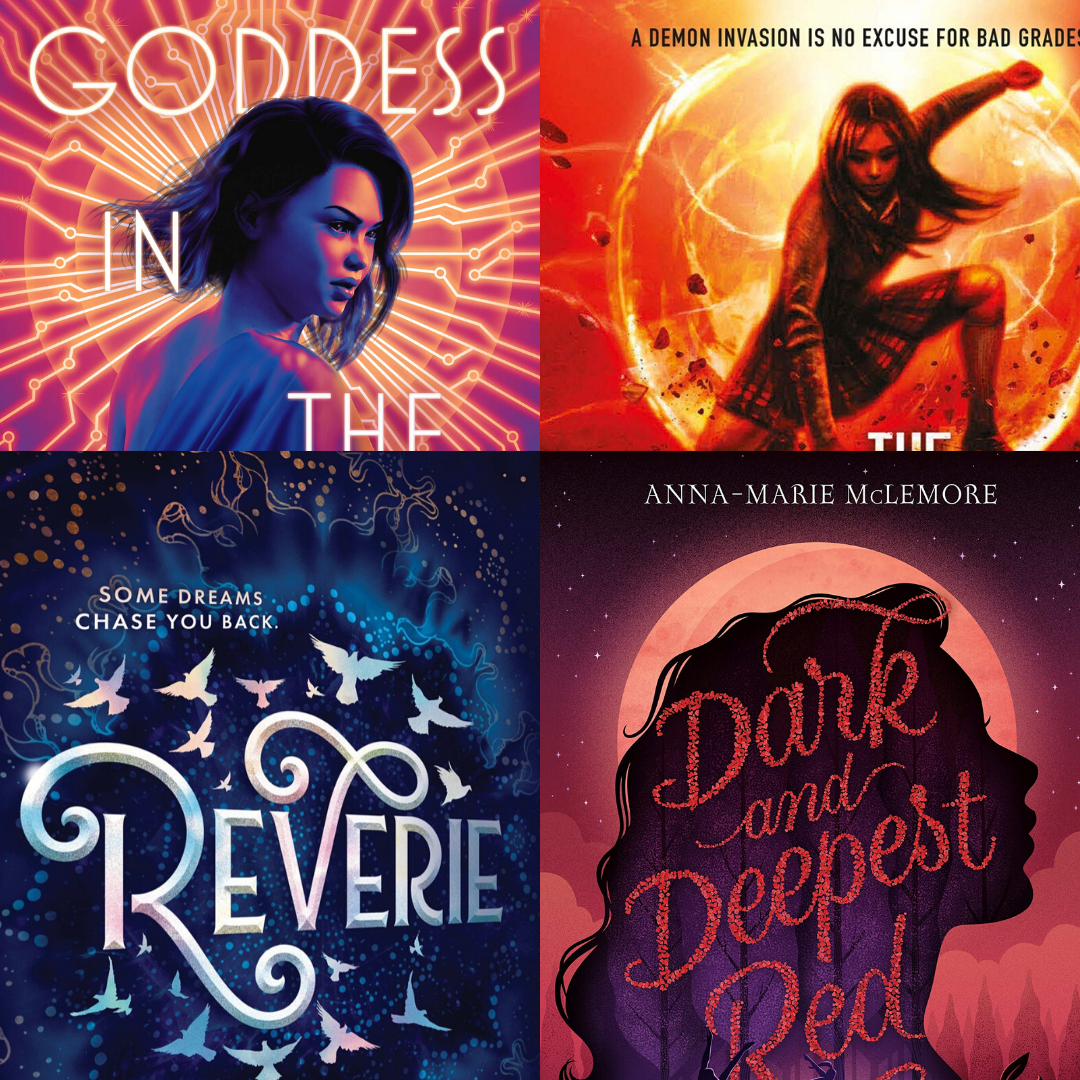The Questions That Burn Inside Us, a guest post by Hena Khan

Like many adults, I’m grateful I didn’t grow up in a time when social media existed. I can’t help but wonder what impact it might have had on my social development and self-confidence, how it might have created insecurities, unhealthy thinking, intense feelings of constantly missing out and more. Of course, there are positive aspects of social media, and I benefit from them. My negative thoughts are rooted in the fact that even as a fully formed adult, I still find navigating social media challenging and, at times, frightening.
It feels essential to have a social media presence as an author today, despite my misgivings. I need to share news of my forthcoming titles and events at the very least. But maintaining an effective and engaging social media presence, across multiple platforms, could easily turn into a full-time job. I find myself struggling (or failing) much of the time to remember to post, follow up, or be timely. I know I need to vary content more, but don’t. The irony isn’t lost on me that the very entity that is helping to turn people young and old away from reading, and sucking up everyone’s free time with addictive, endless scrolling, often takes away my time from writing more books, and then it’s where I must turn to promote them.
ADVERTISEMENT
ADVERTISEMENT
At a deeper level, I’m scared of the impact social media is having on my brain. This includes concerns over how I’m being manipulated by influencers and advertising. Like most people, I’ve bought things I never knew I “needed” because of Instagram. I worry about the envy I feel, as a grown person with a wonderful and satisfying career, when I see other authors receive accolades or invitations that elude me. On the flip side, I feel enormously guilty about posting good book-related news that feels braggy and might make other feel the same way. Most concerning, I fear that I’m becoming less open-minded by being fed news, reactions, and stories that mostly mirror and echo my own experiences and perspective.
These thoughts were all swirling in my brain while I was drafting Drawing Deena, my newest middle grade novel. Like Deena, a young artist, learns in the book, making meaningful or impactful art is often about answering the questions that burn inside us. For me, my writing for children often includes the questions and topics that are currently occupying my mind as an adult.
Deena isn’t allowed on social media yet as a 7th grader, although she wants to be. Mostly. She observes the way her cousin Parisa is obsessed with her phone, and her appearance, and how she is constantly posting selfies and checking for comments. And that can be annoying to Deena, especially when she’s on the outside.
At the same time, Deena recognizes that social media has an important function as a marketing tool, and she wants to help her mother’s home-based business selling Pakistani clothes grow more lucrative and attract more customers. And after convincing her parents to let her run an account for the business, she finally gets the opportunity to dip her foot into the world of posts, follows, likes, comments, and more. At first, it seems to work to gain new customers. Hurray! But of course, it’s not as simple as that.
Another aspect of social media that Deena confronts is the impact that reactions, even from people we don’t know, can have on what we put out there and the “content” we create. Does it change us as artists or creative people when we directly engage with consumers of our work? Are we moved by likes to create more of the same, to imitate others, to do whatever it takes to chase the dream of going viral? But, then what? Does viral mean “good”? Does popular mean good? Is there a difference between the two? Is there a difference between art and content?
Deena is a huge fan of Vincent Van Gogh. She’s moved by his lines, his choice of color, and his bold strokes. She wants to see the lines up close and to study the way the paint is applied in his masterful works. But she’s disappointed when she goes to an exhibit billed as the Van Gogh Experience, a ticketed event, that doesn’t include any paintings. Instead, it’s a digital experience, set to music, with images from his paintings coming to life across enormous screens. Deena can’t help but wonder what Van Gogh himself would have made of the production. And later, as she personally grapples with it, she thinks about how social media might have changed Van Gogh’s relationship to his own art.
Vincent Van Gogh never sold a painting in his lifetime. He never knew what an impact his legacy would leave. Does social media give us a hint of our value to the world, or does it obscure it, or, even worse, is it a giant distraction that keeps us from creating our own masterpieces?
In my books, like in real life, I don’t have the answers to these questions. My hope is that my readers will form their own conclusions about what role they want social media to play in their lives, what type of art or content they want to create, for who, and why.
Meet the author

ADVERTISEMENT
ADVERTISEMENT
Hena Khan (she/her/hers) is a Pakistani American writer and winner of the Asian/Pacific American Award for Children’s Literature. She is the author of the middle grade novels Amina’s Voice, Amina’s Song, More to the Story, Drawing Deena, and the Zara’s Rules series and picture books Golden Domes and Silver Lanterns, Under My Hijab, and It’s Ramadan, Curious George, among others. Hena lives in her hometown of Rockville, Maryland, with her family. You can learn more about Hena and her books by visiting her website at HenaKhan.com or connecting with her @HenaKhanBooks.
Here is the book’s purchase link
About Drawing Deena
From the award-winning author of Amina’s Voice and Amina’s Song comes a tenderhearted middle grade novel about a young Pakistani American artist determined to manage her anxiety and forge her own creative path.
Deena’s never given a name to the familiar knot in her stomach that appears when her parents argue about money, when it’s time to go to school, or when she struggles to find the right words. She manages to make it through each day with the help of her friends and the art she loves to make.
While her parents’ money troubles cause more and more stress, Deena wonders if she can use her artistic talents to ease their burden. She creates a logo and social media account to promote her mom’s home-based business selling clothes from Pakistan to the local community. With her cousin and friends modeling the outfits and lending their social media know-how, business picks up.
But the success and attention make Deena’s cousin and best friend, Parisa, start to act funny. Suddenly Deena’s latest creative outlet becomes another thing that makes her feel nauseated and unsure of herself. After Deena reaches a breaking point, both she and her mother learn the importance of asking for help and that, with the right support, Deena can create something truly beautiful.
ISBN-13: 9781534459915
Publisher: Salaam Reads / Simon & Schuster Books for Young Readers
Publication date: 02/06/2024
Age Range: 8 – 12 Years
Filed under: Guest Post
About Amanda MacGregor
Amanda MacGregor works in an elementary library, loves dogs, and can be found on Twitter @CiteSomething.
ADVERTISEMENT
ADVERTISEMENT
SLJ Blog Network
Endangered Series #30: Nancy Drew
Research and Wishes: A Q&A with Nedda Lewers About Daughters of the Lamp
Cat Out of Water | Review
ADVERTISEMENT



